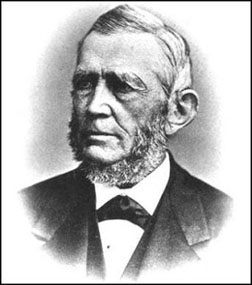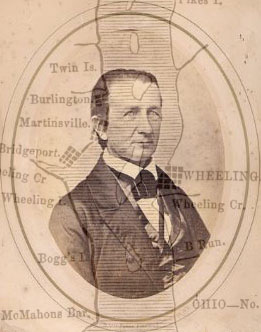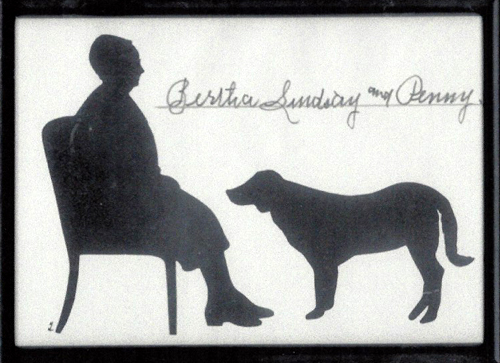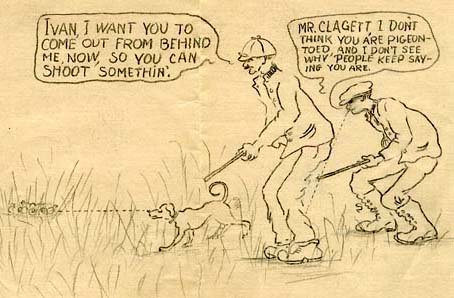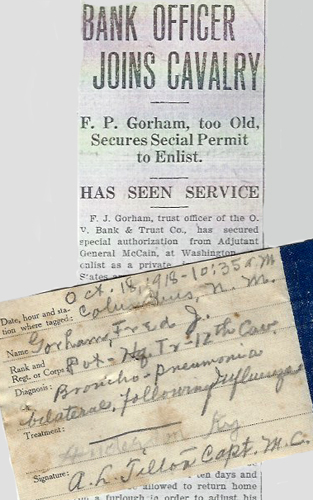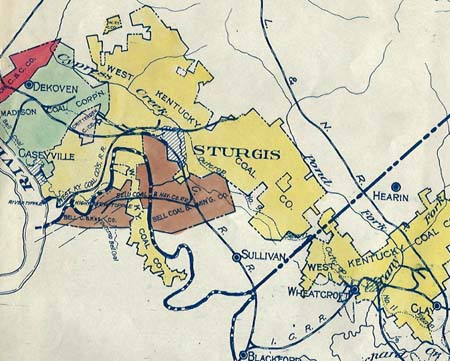
President Richard Nixon and William H. Natcher in happier times
Facing impeachment for obstruction of justice after attempting to thwart the investigation of the 1972 break-in at Democratic Party Headquarters in Washington DC’s Watergate office complex, Richard M. Nixon resigned as President on August 9, 1974. In his journal, Kentucky Congressman William H. Natcher chronicled the legal and political drama of what Nixon’s successor, Vice President Gerald Ford, famously called “our long national nightmare.”
Nixon’s alleged crimes were at the center of the storm, but other aspects of the controversy also gained the spotlight. For example, Natcher recorded on July 24, 1974, that the news media “is very much under trial in this country today and during the past several days television officials are making every attempt to televise the Watergate matters in such a manner as to not be subject to charges of demanding impeachment. . . .”
As they faced mounting evidence of Nixon’s guilt, the political dilemma of his fellow Republicans intensified. “Jerry Ford,” wrote Natcher on August 1, “has been advised time after time by his close friends to keep his mouth shut now and to sit on the sidelines during this critical period.” Republican House Minority Leader John Rhodes of Arizona, observed Natcher on August 2, “knows that if he cast[s] his vote for impeachment [as his constituents were demanding] this will place him in a position where. . . he will have difficulty leading his party in the House. . . . Rhodes knows that after the impeachment proceedings are over, his major duty will be to try to put the wheels back on the Republican Party.”
On August 6, 1974, as an impeachment vote loomed, Natcher heard that Nixon “seriously considered resigning and rejected this move. . . . The President also discussed. . . the possibility of letting Vice President Ford take over temporarily under the provisions of the 25th Amendment.” Nixon’s health, as Natcher learned the next day, was indeed an issue: fellow Kentucky Congressman Carl D. Perkins told him that the President “was a sick man and that he had been taking all kinds of harsh drugs for many, many months and that this, along with considerably more drinking than anyone knew about had placed him in a position where he was not physically or mentally qualified to govern.”
Finally, on August 9, Nixon announced his resignation. Natcher, who believed that Nixon ought to have defended himself in a Senate trial rather than voluntarily leave office, was informed that if the House impeachment proceedings had gone forward, he had been selected to preside. “It would have been quite an experience,” was Natcher’s classic understatement.
On July 3, 1974, during that summer of political crisis, Natcher had recalled the 1872 declaration of Carl Schurz, the first German-born American elected to the U.S. Senate: “My country right or wrong; when right, to keep her right; when wrong, to put her right.” This was “not a bad expression,” he concluded, “and certainly applies in this good year of 1974.”
To read William Natcher’s journals, part of the collections of the Manuscripts & Folklife Archives unit of WKU’s Department of Library Special Collections, click here. For more of our political collections, search TopSCHOLAR and KenCat.

